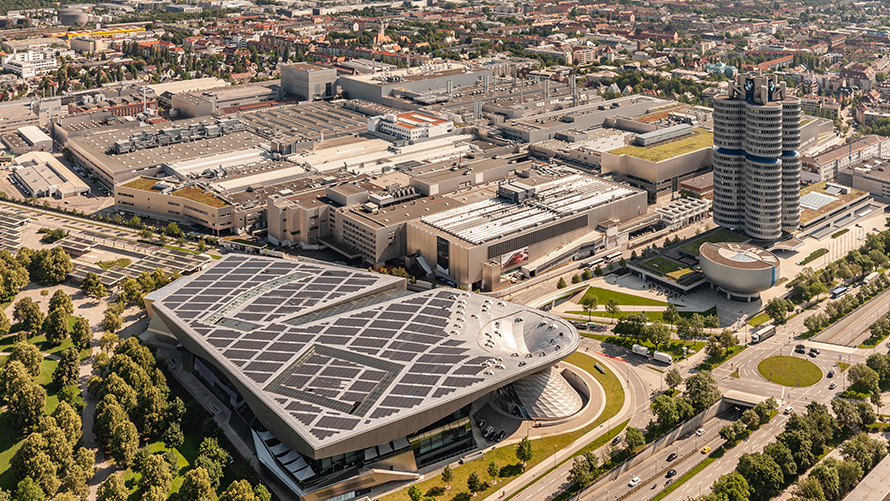Our tool for managing your permission to our use of cookies is temporarily offline. Therefore some functionality is missing.

GOVERNANCE.
RESPONSIBLE CORPORATE GOVERNANCE FOR MORE SUSTAINABLE VALUE CREATION.
Corporate governance means acting in accordance with the principles of responsible company management oriented towards value creation. In the BMW Group, this aspiration includes all divisions of the BMW Group. The crucial cornerstones of the corporate culture here are:
- Observance of the regulations and the applicable law
- Corporate governance with clear targets directed at the interests of all stakeholders
- Supreme environmental and social standards as well as due diligence in the supply chains
- Transparent reporting and corporate communication
- Cooperation based on trust between Management Board, Supervisory Board and employees
COMPLIANCE.

Integrity is part of how we view ourselves.
For the BMW Group, compliance is far more than adhering to the applicable law and in-company regulations. Compliance is part of how we see ourselves as well as a culture of integrity put into practice and a binding framework for all entrepreneurial activities – worldwide.

Our Compliance Management-System (CMS
The CMS which applies throughout the BMW Group is based on the Prevent-Detect-Respond approach. It defines specific measures of prevention, monitoring, control and reaction. The CMS is based on the risk situation of the company and covers all relevant areas of compliance:
- Prevention of fraud
- Export control
- Prevention of money laundering
- Compliance with antitrust law
- Prevention of corruption
- Human rights
- Data protection
- Technical compliance
NEW STIMULI THANKS TO A REGULAR EXCHANGE WITH STAKEHOLDERS.

As a globally active company, the BMW Group operates in a highly interlinked world. Thanks to XChange platforms such as the rad°hub, FUTURE FORUM and BMW Group Dialogue, we create an intensive exchange that not only displays new prospects to all involved but also provides an opportunity for change. As a result, we are in a process of regular, reciprocal exchange with our stakeholders enabling us to define our targets in line with aspects of business and sustainability:
- Compliance with the Paris Climate Agreement
- Social responsibility for employees
- Environmental and social aspects as well as respect for human rights
- Sustainable financing and EU taxonomy
- Responsible corporate governance
OUR SUSTAINABLE FINANCE STRATEGY.
Sustainability has since become an important criterion in the financial markets. Investors and analysts increasingly consider environmental, social and governance (ESG) aspects in their financial decisions. Through EU taxonomy, the European Union is also aiming to classify enterprises on the basis of sustainability criteria.
OUR DATA PROTECTION.
Protection of our customers’ data, right to informational self-determination and data sovereignty has an especially high priority:
- As a matter of principle, personal data is collected in accordance with laws and standards such as the EU General Data Protection Regulation and the international security standard SO / IEC 27001
- Personal data are only collected and used if this is legally approved and any affected persons have given their consent
- All applications are checked against current IT security measures
- Internal communication takes place exclusively via a highly secure connection







